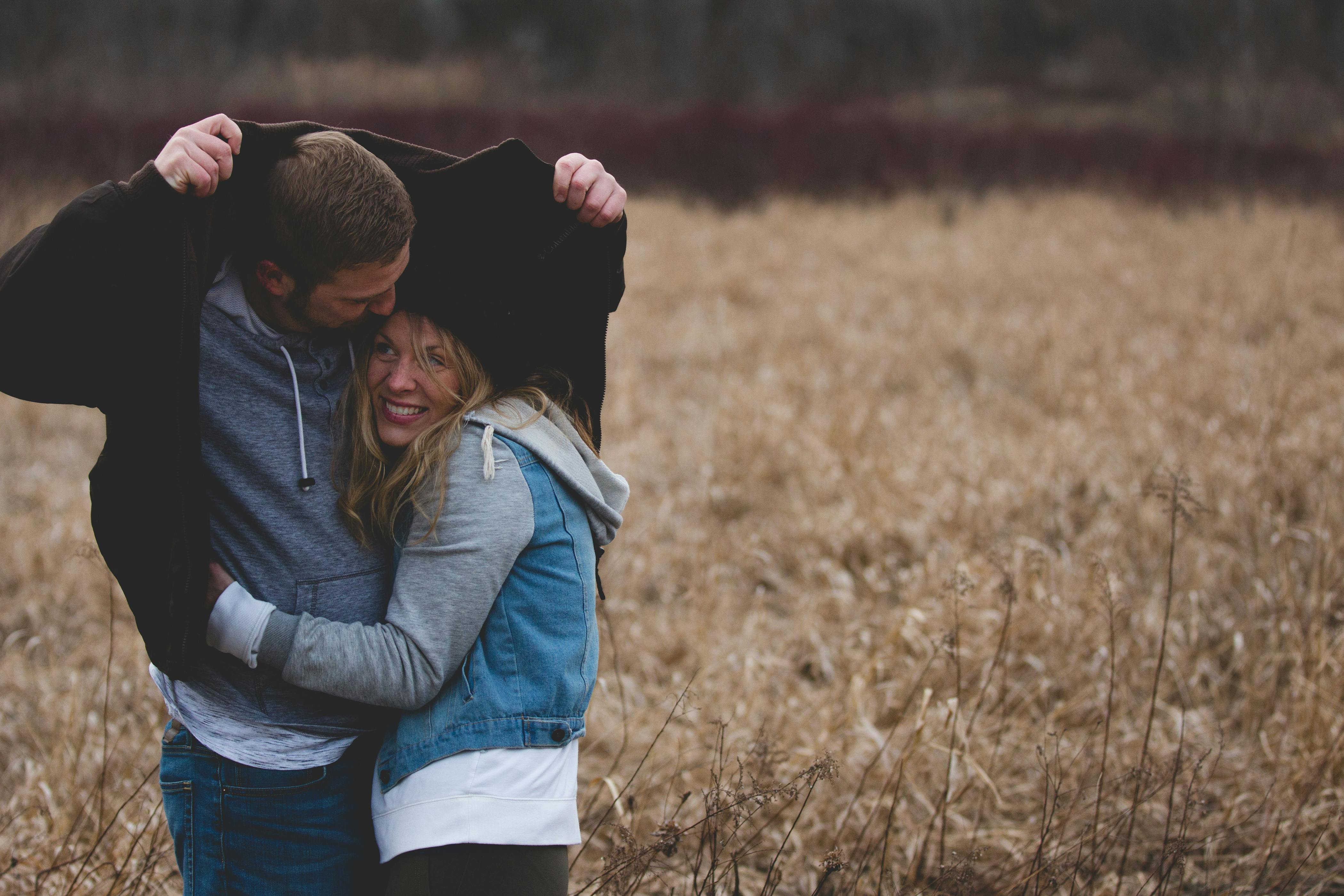Transitioning from friendship to romance can feel like walking a tightrope. You want to express your feelings without destroying the connection you already cherish.
Many of the strongest relationships begin as friendships, but making that leap requires strategic moves that shift his perception of you from “just a friend” to potential girlfriend material.
The key lies in creating romantic tension while maintaining the comfort and trust you’ve already built together.
These proven ways help you navigate this delicate transformation without making things awkward or risking your friendship. When done correctly, you can awaken feelings he didn’t even know he had for you.
1. Enhancing Emotional Connection
Deepening emotional intimacy is crucial before shifting into romance. Start by sharing more personal thoughts, dreams, and feelings beyond everyday conversations.
Ask open-ended questions that invite vulnerability and show genuine interest in their experiences. This helps create a foundation of trust and mutual understanding.
Make an effort to listen actively and respond empathetically. Expressing your own emotions authentically encourages your friend to open up as well, fostering a stronger emotional bond.
Setting aside regular time for meaningful conversations can gradually build emotional closeness that supports romantic potential.

Photo by Fakhri Baghirov
2. Recognizing and Expressing Attraction
Noticing subtle signs of attraction is key to knowing when to advance your connection. Pay attention to body language, eye contact, and tone of voice.
Verbalizing appreciation through sincere compliments can communicate your interest without overwhelming your friend. Focus on qualities you admire beyond appearance, such as kindness or intelligence.
This acknowledgement helps create awareness of mutual feelings and opens a safe space for romantic cues to emerge.
Being mindful of how your friend responds will guide you in expressing attraction appropriately.
3. Creating Opportunities for Quality Time
Spending consistent, high-quality time together strengthens your bond and nurtures romantic feelings. Choose activities that you both enjoy and that encourage interaction.
Try to plan outings that allow for relaxed conversation, such as walks, coffee dates, or shared hobbies. Prioritize presence and engagement during these moments.
Scheduling regular meetups shows commitment and interest in growing the relationship.
Quality time also helps you observe your friend’s comfort level and reactions in various settings.
4. Adopting Romantic Behaviors Gradually
Transition your behavior slowly to reflect romantic intentions without rushing. Small gestures like thoughtful gifts, gentle touches, or affectionate words aligned with your friend’s love language can be effective.
Observe how these changes are received and adjust accordingly. The goal is to gently shift the dynamic while maintaining respect and comfort.
Increasing flirtatiousness in a subtle manner can build anticipation and demonstrate your evolving feelings.
Consistency in these actions signals sincerity and helps your friend acclimate to the new dynamic.
5. Identifying Signs of Mutual Interest
Look for clear signals that your friend feels the same romantic way. These may include prolonged eye contact, initiating physical touch, or verbal hints about relationship possibilities.
Note if your friend seeks more one-on-one time or engages in playful teasing, which can indicate attraction.
Pay attention to their responsiveness when you share your feelings or flirt. Positive engagement suggests mutual interest.
Being attuned to these signs ensures you do not misinterpret friendly behavior as romantic intent.
6. Introducing Gentle Physical Contact
Carefully adding light touches can communicate affection and test comfort levels. Start with casual touches like a hand on the shoulder or a brief hug.
Gauge your friend’s reaction closely to ensure they feel safe and comfortable. If they respond positively, you can gradually increase the intimacy of physical contact.
Respecting boundaries at every step is essential to maintain trust and avoid discomfort.
This approach allows you to explore physical chemistry without pressure or abrupt changes.

Photo by Josh Willink
7. Honoring Comfort and Boundaries
Respecting your friend’s emotional and physical limits is critical during this transition. Openly discuss boundaries if the topic arises and be attentive to nonverbal cues signaling discomfort.
Never push for more than they are willing to give. Patience and sensitivity build a safe environment for exploring romance.
Remember that maintaining the friendship is a priority regardless of how the romantic feelings develop.
Balancing enthusiasm with respect ensures that your friend feels valued and secure.
8. Allowing Feelings to Evolve Naturally
Patience is key when developing romantic feelings from friendship. Rushing the process can create anxiety or misunderstandings.
Watch for gradual changes in how your friend interacts and responds. Let the relationship unfold at a comfortable pace for both of you.
Use this time to deepen your connection emotionally and physically while observing mutual comfort.
Being observant and adaptable helps you navigate this delicate phase successfully.
9. Planning Low-Pressure Romantic Outings
Testing the waters with casual, relaxed dates can reveal romantic potential without overwhelming your friend. Choose activities like a picnic, casual lunch, or art exhibit visit.
These settings encourage natural conversation and connection while minimizing pressure.
Focus on creating enjoyable shared experiences that highlight compatibility and chemistry.
After the outing, reflect on how your friend engaged and whether there were signs of romantic interest.
10. Communicating Feelings Clearly and Thoughtfully
Open and honest communication is essential when you feel the time is right to express romantic intentions.
Choose a private, comfortable setting to share your feelings respectfully and clearly.
Be prepared for any response and prioritize the ongoing friendship regardless of the outcome.
Clear communication helps avoid confusion and builds a foundation for a potential relationship.

Photo by cottonbro studio
Stories of Friendship Turning into Romance
Jenna and Mark had been close friends for years, always supporting each other through life’s ups and downs. Over time, Jenna noticed subtle changes in how Mark looked at her and decided to invite him to a casual dinner.
During the dinner, they shared personal stories and laughed freely. Jenna gently reached out to hold Mark’s hand, noticing he did not pull away but smiled warmly. This small gesture shifted their connection, leading to open conversations about their feelings.
By respecting each other’s pace and maintaining honest communication, Jenna and Mark transitioned smoothly from friendship to a fulfilling romantic relationship.
In another instance, Alex was unsure if his longtime friend Sophie felt the same way about him. He planned a low-key picnic in the park, focusing on enjoying their time together without pressure.
Throughout the afternoon, Alex introduced subtle compliments and light touches, carefully watching Sophie’s reactions. When she reciprocated his affectionate gestures, Alex felt confident to express his feelings openly.
Sophie appreciated his sensitivity and honesty, and they agreed to explore their relationship further while keeping their friendship strong.
These examples demonstrate how thoughtful actions, patience, and clear communication can guide a friendship into a meaningful romantic partnership.


